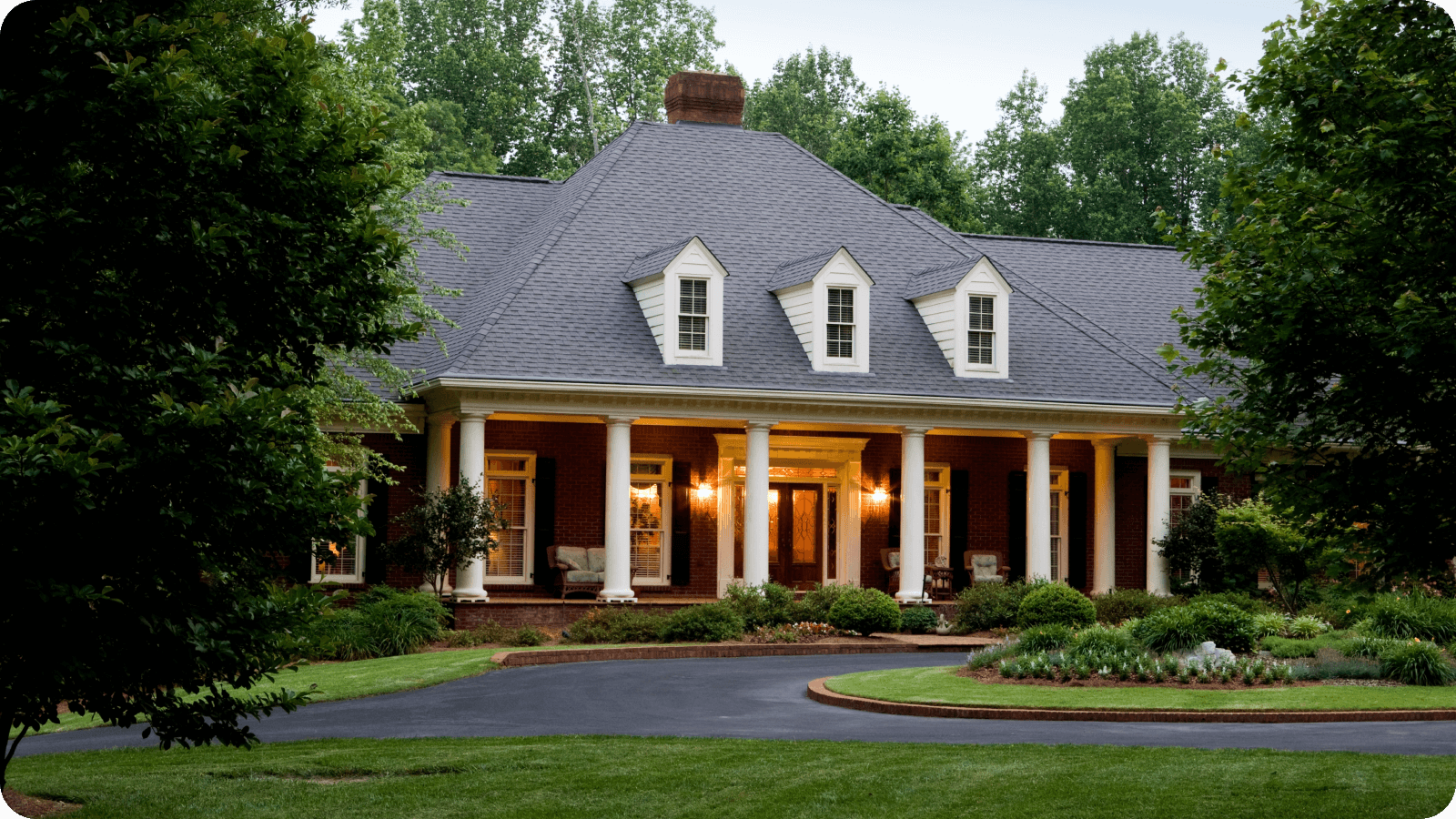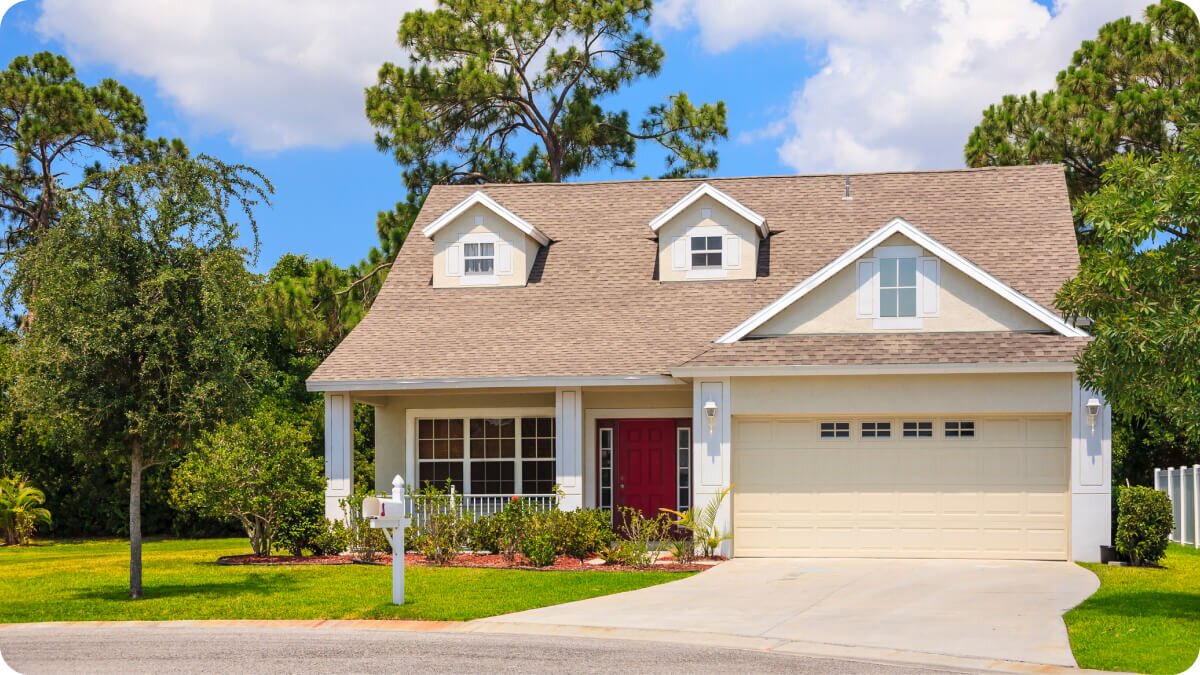
HELOC without appraisal: how to get one & alternatives
Explore how to access a HELOC without appraisals, including eligibility requirements, cost-saving benefits, and fast-track alternatives to traditional loans.
Read more

Explore how to access a HELOC without appraisals, including eligibility requirements, cost-saving benefits, and fast-track alternatives to traditional loans.
Read more

Discover how long it takes to get a HELOC, learn the step-by-step process, and explore tips to speed things up by choosing the right lender and preparing early.
Read more

Negative equity on a mortgage can stop your homeownership journey in its tracks. Learn what causes this tricky situation and get strategies for recovering.
Read more

Understand the differences between cash out refinance vs HELOC. Compare pros, cons, and key repayment terms to choose the best option for your financial goals.
Read more

Avoid surprise fees by understanding home equity loan closing costs and learning how to reduce them through smart lender choices, timing, and negotiation.
Read more

Learn how to use a HELOC for debt consolidation, its pros and cons, and when it makes sense to get one to manage and reduce your debt more effectively.
Read more

Leverage your home equity to invest in a second property. Learn the steps, pros, and cons of using a HELOC to buy a second home and explore alternative options.
Read more

Compare home equity loans vs mortgages to understand borrowing limits, interest rates, and tax benefits. Make informed financial decisions for your home.
Read more

Explore AI mortgage lending, its challenges, risk management, and how AI is transforming the industry with automation, fraud detection, and AI-powered brokers.
Read more

Can you refinance a HELOC? Learn how to lower interest rates, reduce payments, and explore refinancing options or alternatives to manage your home equity loan.
Read more

Wondering if you can get a fixed-rate HELOC? Learn how fixed-rate HELOCs work, their pros and cons, and explore alternatives to secure stable payments.
Read more

Explore how to refinance a jumbo loan effectively. Learn the best timing, key requirements, pros and cons, and how it impacts your mortgage and finances.
Read more

Learn how HELOC tax deductions can save you money. Explore rules, benefits, and decide if it's worth it. Compare scenarios with and without a deduction advantage.
Read more

Discover how to get rid of PMI and save on mortgage payments. Explore actionable strategies, cancellation criteria, and decide if removing PMI is worth it.
Read more

Discover the new 2025 FHFA conforming loan limits, including baseline and high-cost area values. Learn how these changes impact homebuyers and homeowners and how to maximize benefits with tech-driven mortgage...
Read more

VA IRRRL guide covering eligibility, benefits, and rates explained in detail. Find out how veterans can lower their mortgage payments and secure better terms today.
Read more

Explore the pros and cons of using a builder's lender and learn how to avoid potential traps. Get expert tips on navigating incentives and securing the best mortgage deals. Essential...
Read more

Explore common types of title vesting in real estate, including sole ownership, joint tenancy, tenancy in common, community property, and more. Understand the pros, cons, and ideal scenarios for each...
Read more

Explore the best rates for home equity loans and understand the qualifications needed to secure one. Learn the difference between a Home Equity Loan (HEL) and a Home Equity Line...
Read more

FHA Streamlines offer a more streamlined process compared to a conventional refinance, with fewer requirements and faster processing.
Read more
Need something else? You can find more info in our FAQ